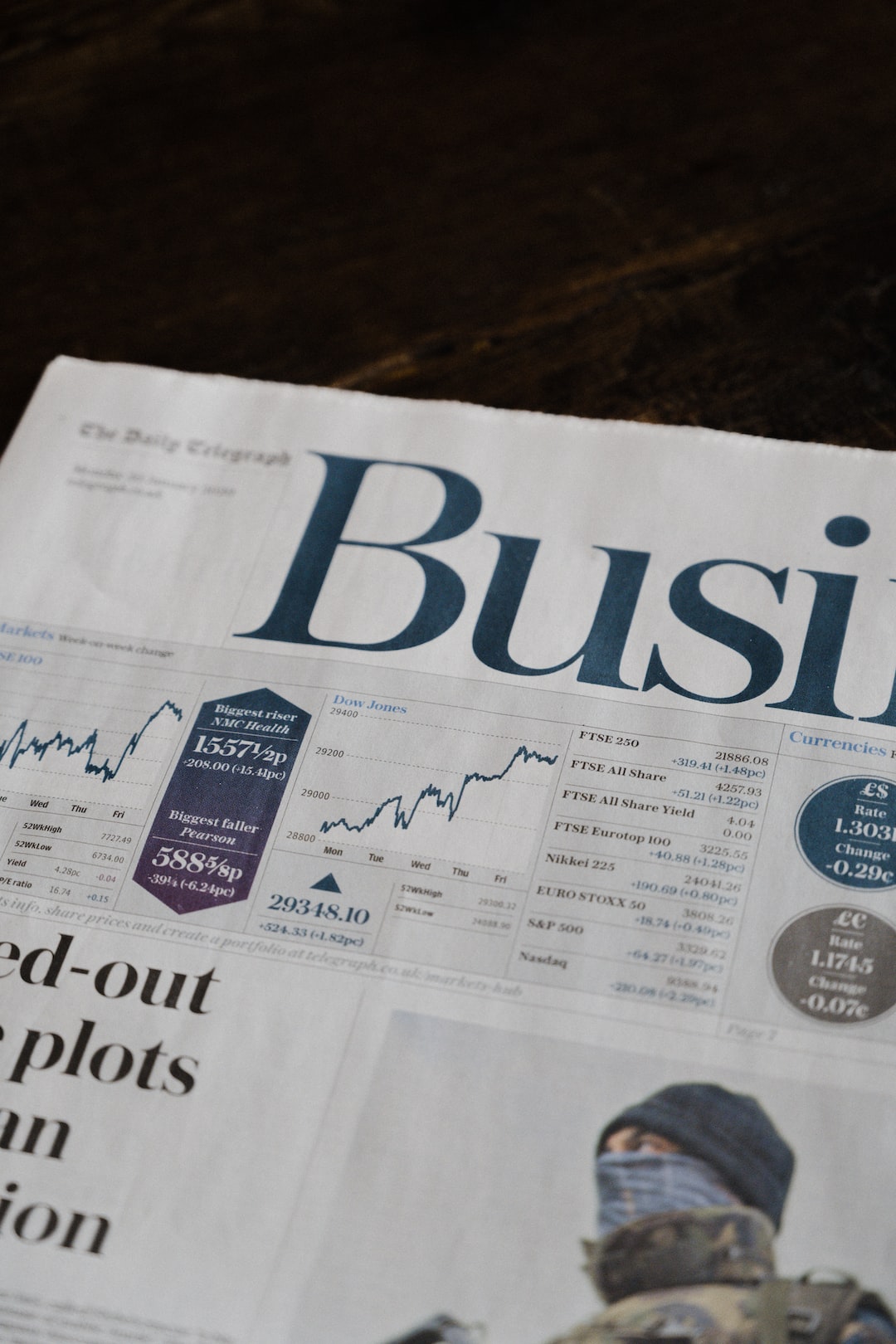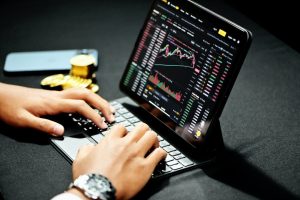Exploring the Ethics of Forex Trading: Is It Haram or Halal?
Forex trading, also known as foreign exchange trading, is the buying and selling of currencies in the global marketplace. With a daily trading volume of over $6 trillion, it is the largest and most liquid financial market in the world. However, forex trading has raised ethical concerns among some individuals, particularly those of Islamic faith. This article aims to explore the ethics of forex trading and determine whether it is considered halal (permissible) or haram (forbidden) according to Islamic principles.
In Islam, financial activities are governed by the principles outlined in Shariah law. The principles of Shariah law are derived from the Quran, the holy book of Islam, and the Hadith, the sayings and actions of the Prophet Muhammad. These principles emphasize fairness, transparency, and the avoidance of interest (riba) and uncertainty (gharar).
One key issue surrounding forex trading is the concept of riba. Riba refers to the charging or payment of interest, which is considered exploitative according to Islamic teachings. In conventional forex trading, traders often engage in leveraged positions, which involve borrowing funds from a broker to control a larger position than their initial investment. The broker charges interest on the borrowed funds, which can be seen as a form of riba.
To address this concern, some forex brokers have introduced Islamic trading accounts that comply with Shariah law. These accounts operate on a swap-free basis, meaning that no interest is charged or paid on positions held overnight. Instead, traders may pay a small commission or spread to compensate the broker for providing the service. Islamic trading accounts are designed to accommodate Muslim traders who wish to participate in the forex market without violating their religious beliefs.
Another ethical aspect of forex trading is the element of uncertainty (gharar). Gharar refers to any transaction that involves excessive uncertainty or ambiguity. In forex trading, the exchange rate between two currencies can fluctuate rapidly, leading to potential gains or losses. Some scholars argue that forex trading involves excessive gharar due to the unpredictable nature of currency movements.
However, proponents of forex trading argue that uncertainty is inherent in all economic activities, and it is not possible to eliminate it completely. They argue that forex trading, like any other form of trading or investment, involves risk-taking and speculation. As long as traders have access to reliable information and analysis to make informed decisions, they can minimize the element of uncertainty and engage in forex trading ethically.
Furthermore, forex trading can be seen as a legitimate economic activity that promotes global trade and investment. It allows individuals and businesses to hedge against currency risks, facilitate international transactions, and participate in the global economy. By providing liquidity and efficient price discovery, forex markets contribute to the stability and efficiency of the global financial system.
In conclusion, the ethics of forex trading in Islam are a topic of debate among scholars and practitioners. While some argue that forex trading involves elements of riba and gharar, others believe that it can be conducted in a halal manner by adhering to Islamic principles. The availability of Islamic trading accounts that operate on a swap-free basis addresses the concern of riba, while risk management practices can help minimize the element of gharar. Ultimately, individual Muslims should consult with religious authorities and make informed decisions based on their understanding of Islamic principles and the specific circumstances of their forex trading activities.






